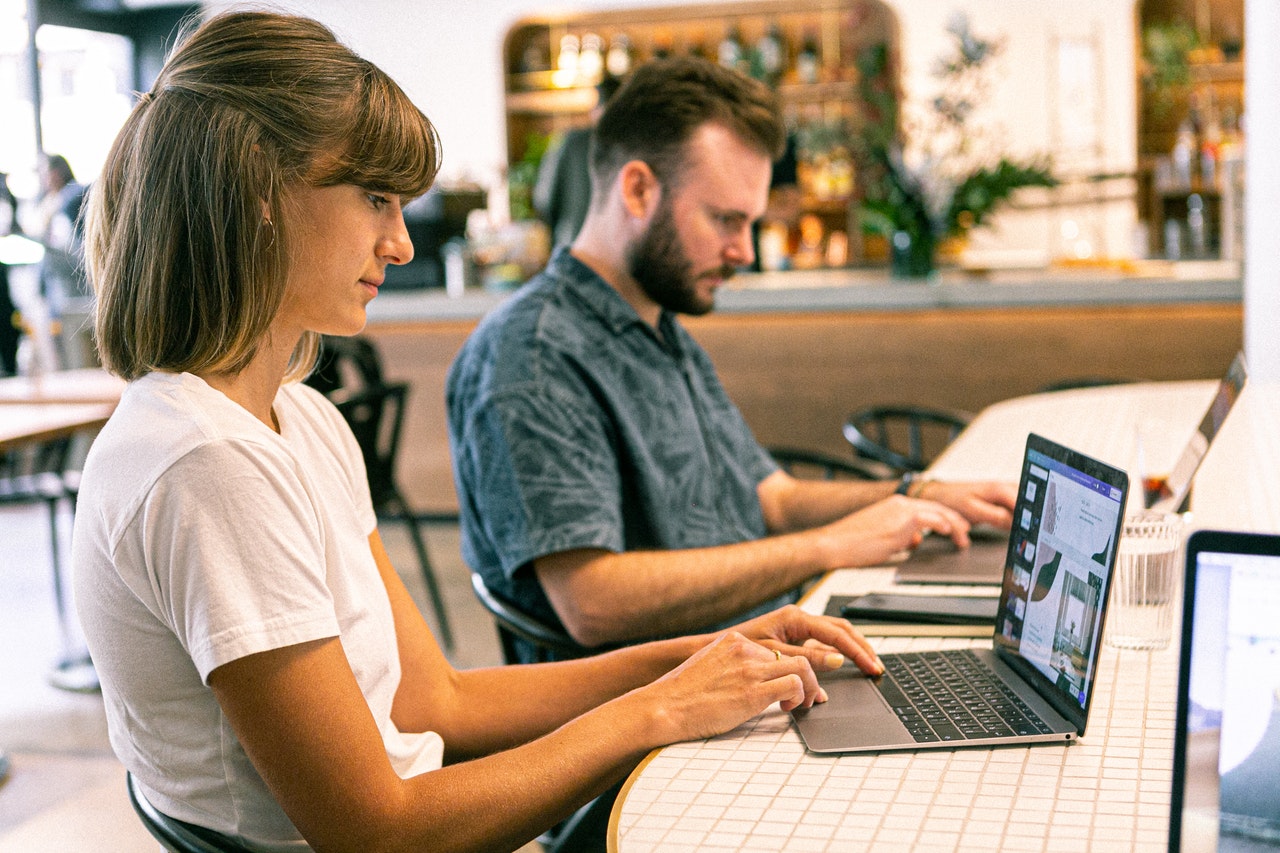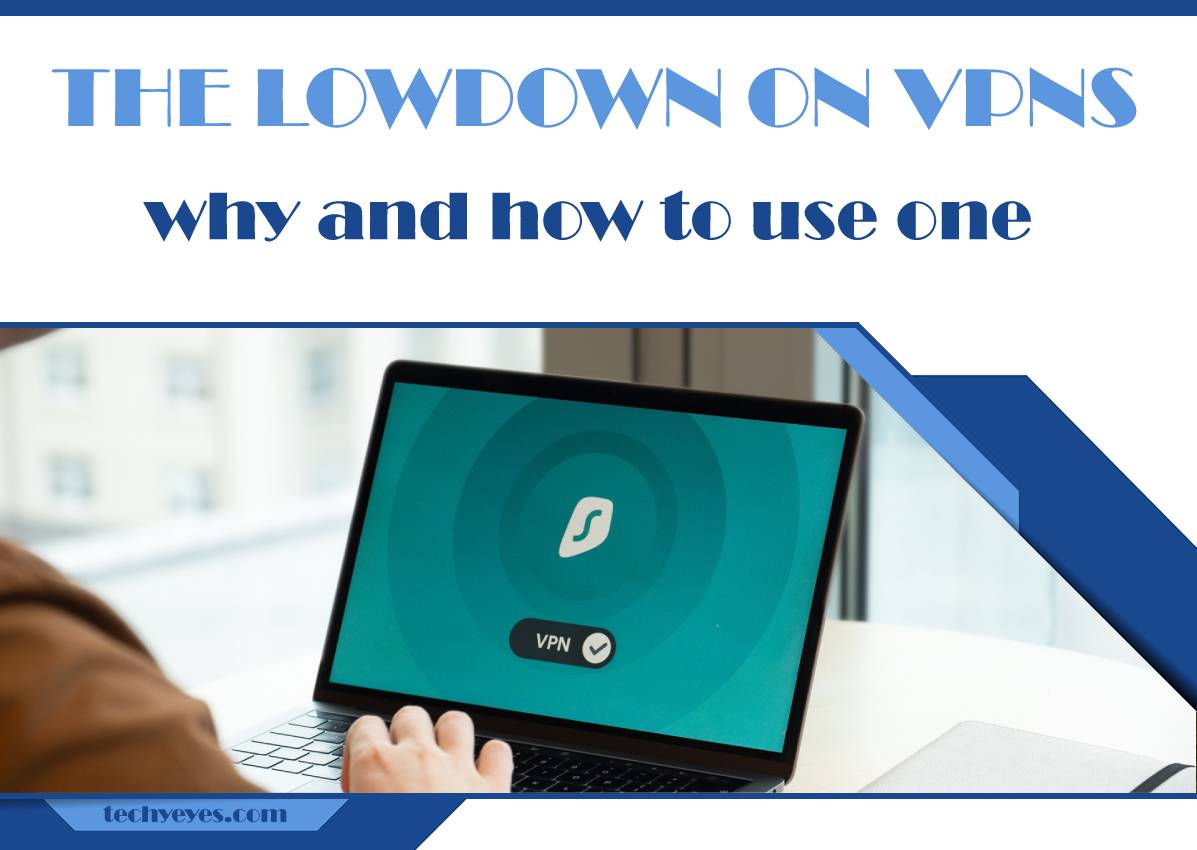New tech gadgets and services come out all the time, and most of us are so busy that we don’t have much bandwidth available to stay updated on the latest happenings, let alone commit to integrating programs and other tools into our digital lives.
However, hackers are rife and increasingly developing sophisticated ways to break into systems, lock users out, steal data, and generally cause mayhem. This is why we must be more proactive about our digital cybersecurity needs.
One factor that can help you in this way is a VPN. Read on for what you need to know about setting up a VPN and what it can do for you.
What Is a VPN

A virtual private network, or VPN for short, is designed to hide your internet protocol (IP) address when you’re online so your actions are untraceable, and government agencies, hackers, and others can’t see where you’re logging in from or where you go while online. This includes the files you download or links you click on.
Even if you use a public or shared internet service, your data and identity will remain private from prying eyes. A VPN gives privacy and anonymity through the creation of a type of tunnel setup. It establishes secure and encrypted connections for you, making your browsing and buying even safer than when using standard secured Wi-Fi.
Reasons to Use a VPN

As you might imagine, there are multiple reasons why it’s worthwhile using a VPN. As mentioned above, a significant benefit of this type of service is that it provides security when you use public Wi-Fi. Whether you’re checking your social media pages at a coffee shop or scrolling through and answering emails at the airport, if you use public internet without a VPN, you don’t know if someone is seeing what you’re doing and tracking your online activities.
A VPN, though, protects the anonymity of your movements and data and hides your account login information, banking details, credit card data, and more when you’re on other people’s networks. VPNs are handy even at home because your internet service provider (ISP) can access your internet data, making it potentially vulnerable to being seen or even sold to third parties without your knowledge. A VPN will help obscure your IP address from your ISP and make your details less open to others in turn.
If you’re like most people, you likely use multiple apps and social media platforms every week that aren’t known for having the best data privacy records regarding customer details. They can be a liability that opens you up to more risk, yet utilizing a VPN will help provide you data privacy as you use such services. A VPN can limit the collection of your location and browser history by these external companies and prevent them from attributing your online behavior to your specific IP address.
Other reasons to use a VPN are that your data is protected from governments accessing all your details (again, often through other third parties who on-sell information), and you can access content from anywhere. For example, if you want to be able to stream a specific TV show or film on your preferred video sites, such as Netflix or Hulu, but it’s not accessible in your region, a VPN can provide a workaround.
A dedicated VPN proxy spoofs your location, thus making it seem you’re coming online from another country. The same goes for other country-dependent services, such as those that sell subscription services of other products or services, or even airlines with different prices and features for different customers worldwide. VPNs can also help to improve buffering issues when you’re streaming content.
Tips for Choosing VPNs

When you’re ready to invest in a VPN service, compare prices closely. Check which features different services provide and try to compare “apples with apples” to find the best deals. Many VPNs have different plans you can choose between, depending on inclusions. For instance, there will be variations between the number of devices you can use the VPN on, whether or not you get served frequent advertisements, and if there are set data limits.
Also, you’ll want to find out the location(s) of the VPN’s servers. See if you get to decide which location to use at different times, too, according to your needs. Plus, learn what kind of security and privacy protocols various VPN products have in place, as you want to be sure the option you go for doesn’t track or log your online activities, or this defeats the purpose of paying for one.
Learn about disconnection rates (you don’t want the VPN to keep dropping out) and connection speeds, as well as if customer support is available or not. It’s also worthwhile checking out customer reviews of different VPNs to help you decide.
Clearly, there are many aspects to consider as you think about choosing and using a VPN, so it pays to do your research and find the best fit for your needs. A good VPN will, though, be well worth the investment when you get more anonymity and security online every day.

